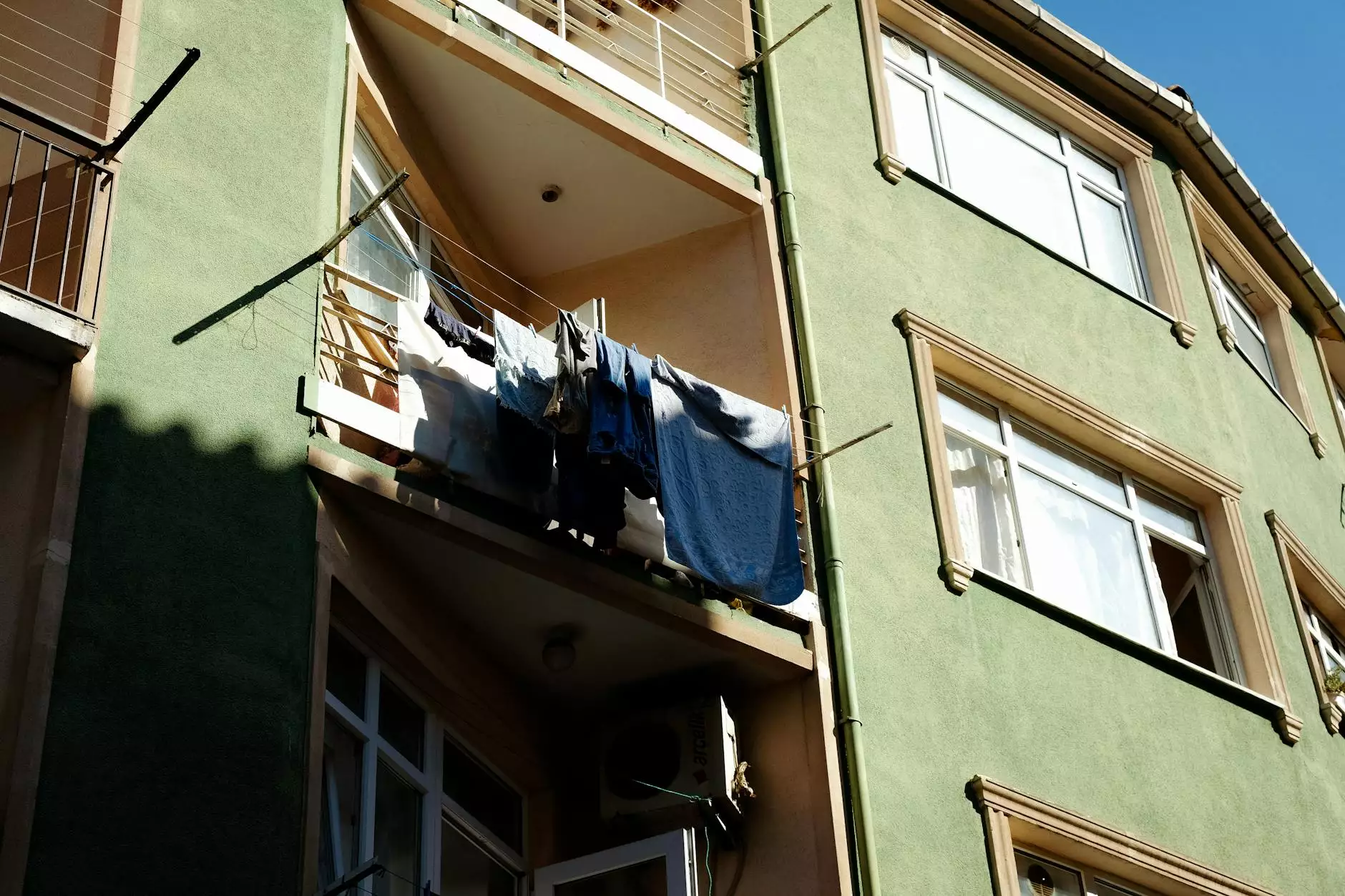The Ultimate Guide to Real Estate in Singapore

The real estate market in Singapore has always been a vibrant and dynamic sector, providing numerous opportunities for investors, home buyers, and real estate professionals alike. With its strategic location, robust economy, and world-class infrastructure, Singapore stands out as a prime destination for real estate investment in Southeast Asia. In this comprehensive article, we will delve into the intricacies of real estate in Singapore, exploring various aspects such as market trends, types of properties, and the role of real estate agents.
Understanding the Real Estate Market in Singapore
The landscape of real estate in Singapore is characterized by diverse property types, including residential, commercial, and industrial properties. To better understand this market, it is essential to analyze its key drivers and the regulatory framework governing it.
Key Drivers of the Real Estate Market
- Economic Stability: Singapore boasts a robust economy, making it an attractive destination for both local and foreign investors.
- Government Policies: Policies such as the Property Cooling Measures have been put in place to stabilize the market and ensure sustainable growth.
- Foreign Investment: Singapore is a preferred location for expatriates and foreign investors, leading to a steady demand for properties.
- Infrastructure Development: Continuous improvements in transportation and urban development enhance property values and desirability.
Regulatory Framework
Understanding the regulations surrounding real estate in Singapore is crucial for anyone looking to invest or transact in this market. The Urban Redevelopment Authority (URA) and the Housing and Development Board (HDB) are the two primary agencies overseeing property development and management. They enforce zoning laws, building regulations, and other initiatives to ensure a balanced and sustainable real estate environment.
Types of Properties in Singapore
Singapore's real estate landscape is diverse, featuring various types of properties to cater to different needs and preferences. The primary categories include:
Residential Properties
Residential properties in Singapore are mainly classified into the following categories:
- HDB Flats: These are public housing units built by the HDB, designed to provide affordable housing for Singaporeans.
- Private Condominiums: Exclusive housing developments that offer amenities such as swimming pools, gyms, and security.
- Landed Properties: These include bungalows, semi-detached, and terrace houses, generally preferred by affluent buyers.
Commercial Properties
Commercial real estate includes:
- Office Spaces: High-rise buildings in the central business district (CBD) provide corporate offices.
- Retail Spaces: Shopping malls and storefronts catering to the consumer market.
- Industrial Properties: Warehouses and factories essential for manufacturing and logistics.
Mixed-Use Developments
Mixed-use developments combine residential, commercial, and recreational spaces in one location, enhancing the convenience and attractiveness of the area. These developments reflect modern urban living and cater to the diverse lifestyles of Singapore's residents.
The Role of Real Estate Agents in Singapore
Real estate agents play a pivotal role in the Singapore real estate ecosystem. They serve as intermediaries between buyers and sellers, providing valuable insights and facilitating transactions. Here are some key functions of real estate agents:
Market Analysis
Experienced agents conduct thorough market research, helping clients understand pricing trends, demand, and supply dynamics specific to real estate in Singapore.
Property Marketing
Agents leverage various marketing strategies, including online listings, social media campaigns, and traditional advertising to reach potential buyers.
Negotiation Skills
Effective negotiation is crucial in real estate transactions. Skilled agents advocate for their clients to secure the best possible deal.
Documentation and Legal Compliance
Navigating the paperwork involved in property transactions can be daunting. Agents assist clients in ensuring all necessary documents are prepared and that legal procedures are adhered to.
Buying Real Estate in Singapore: A Step-by-Step Guide
Investing in real estate in Singapore may seem challenging, but a systematic approach can simplify the process. Here’s a step-by-step guide:
1. Determine Your Budget
Assess your finances to determine your budget. Consider factors such as down payment, monthly mortgage payments, and other costs associated with buying a property.
2. Get Pre-Approved for a Loan
Before you start house hunting, it is advisable to obtain pre-approval from a bank or financial institution. This gives you a clearer idea of your purchasing power.
3. Engage a Real Estate Agent
An experienced real estate agent will help you navigate the market and find properties that align with your criteria and budget.
4. Research Properties
Explore various neighborhoods and property types. Evaluate factors such as proximity to amenities, schools, and transportation.
5. Visit Properties
Schedule viewings to get a real feel for the properties. Take notes and compare your options.
6. Make an Offer
Once you find a property you like, your agent will help you formulate and present an offer to the seller.
7. Conduct Due Diligence
Perform necessary checks, such as property inspections and title verification, to ensure the property is in good condition and free of legal encumbrances.
8. Finalize the Purchase
Upon acceptance of your offer, you’ll proceed with the legal documentation to complete the purchase.
Trends Shaping the Future of Real Estate in Singapore
The real estate market in Singapore is continually evolving. Here are some emerging trends that are likely to shape its future:
1. Smart Home Technology
As technology advances, properties equipped with smart home features are becoming increasingly popular. Buyers are looking for energy efficiency, security, and convenience.
2. Sustainability and Eco-Friendly Developments
There is a growing demand for sustainable living. Developers are focusing on creating green buildings that minimize environmental impact.
3. Flexible Workspaces
The rise of remote work has led to an increased interest in flexible workspaces. Commercial real estate offerings are adapting to this trend.
4. Integration of Mixed-Use Developments
With the emphasis on convenience and lifestyle, mixed-use developments are expected to remain a focal point in urban planning.
Conclusion
Understanding the intricacies of the real estate market in Singapore is essential for anyone looking to succeed in this vibrant sector. From diverse property types to the pivotal role of real estate agents, knowledge is key to making informed decisions. Whether you are a seasoned investor or a first-time homebuyer, staying abreast of market trends and engaging professional services can significantly enhance your real estate journey. Invest wisely and embrace the opportunities that real estate in Singapore offers!
real estate singapore



